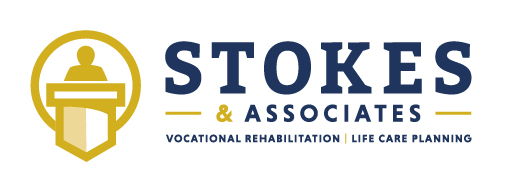Are We Saying The Same Thing? How to Define Physical Demand
When developing jobs for claimants, several steps must be taken and several questions must be asked. One of the most important questions is what are the physical requirements of the job and do those requirements line up with the claimants' restrictions. When contacting employers, the vocational expert must query about the specifics of the job to verify it is within the claimants' vocational and physical profile. Asking about how frequently something is done or how heavy certain objects are is commonplace when speaking to employers. But are we referencing the same thing? Is the employer’s definition of heavy the same as the vocational expert’s?
In 1991, The Department of Labor set out to objectively define various aspects of jobs, in a way that could be understood by anyone working within the field of occupational analysis (in The Revised Handbook for Analyzing Jobs.) The handbook outlines how to analyze the physical aspects of jobs and the correct wording to use. It defines physical demand constructs in a quantifiable way. It is the vocational expert’s job to verify and define these terms to employers, who most likely have no understanding of the standardized language used by the vocational experts, physicians, adjusters, physical therapists who conduct FCEs, and attorneys.
The following are the Department of Labor’s definitions and time equivalents.
How can a vocational expert accomplish this while still maintaining good communication with the employer? When asking questions, the vocational expert must be not only knowledgeable of the charts above, but must also be able to explain these standards in ways that a layperson can quickly understand. Instead of using the set forth fractions that delineate timeframe, the expert may use the actual corresponding timeframes. Chances are an employer would be better able to say how many hours a particular activity takes versus what fraction of the day it takes. We, at Stokes and Associates, Inc., have developed standardized methods to effectively ask these questions to get a realistic picture of the jobs while still maintaining our relationships with employers.
We offer complimentary consultations concerning "hypothetical matters."
To strategize with one of our vocational or life care plan experts at Stokes & Associates, Inc. please call David Barrett at 504-454-5009, visit our website, www.stokes-associates.com or email dbarrett@stokes-associates.com.
Larry S. Stokes, Ph.D.
Aaron Wolfson, Ph.D.
Lacy Sapp, MHS, CRC, LPC, LRC, CLCP
Todd Capielano, M.Ed., LRC, CRC, LPC, CLCP

